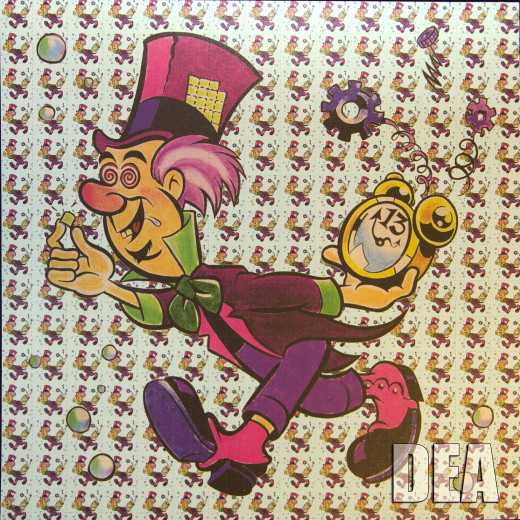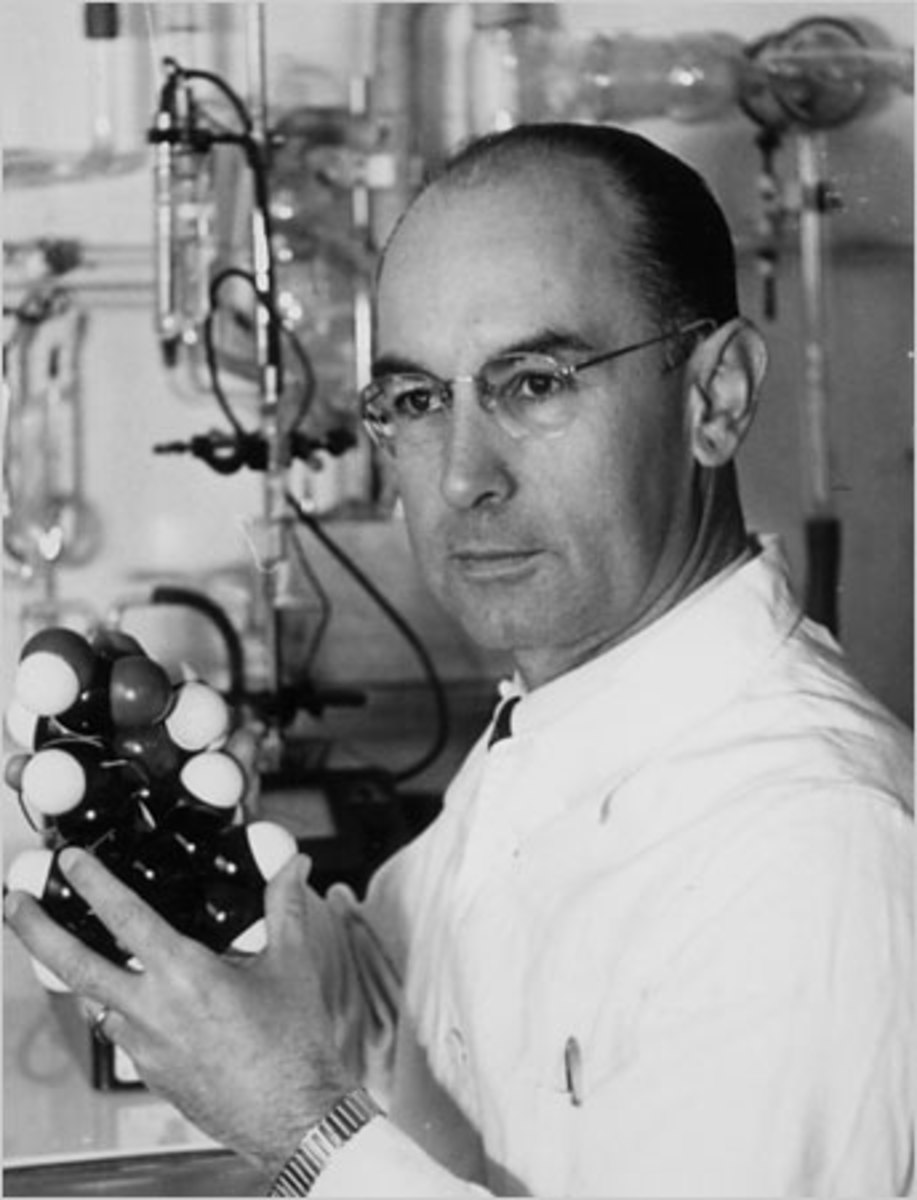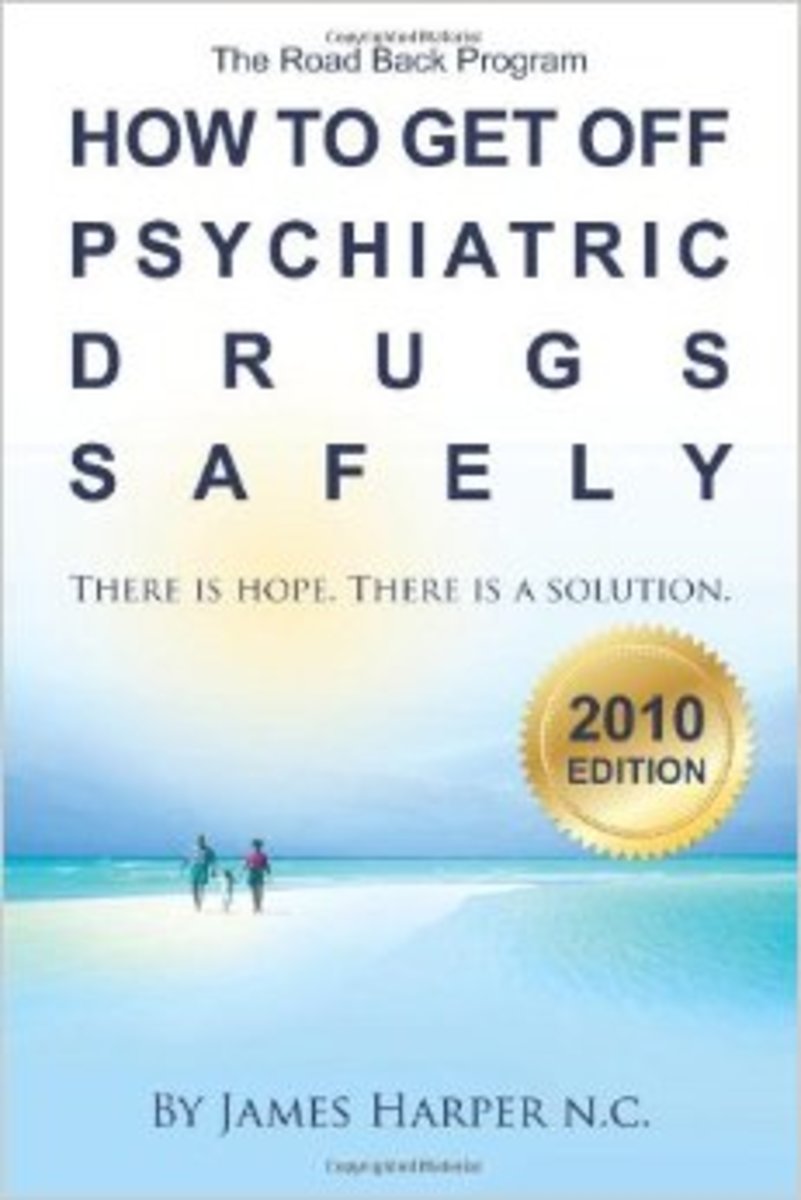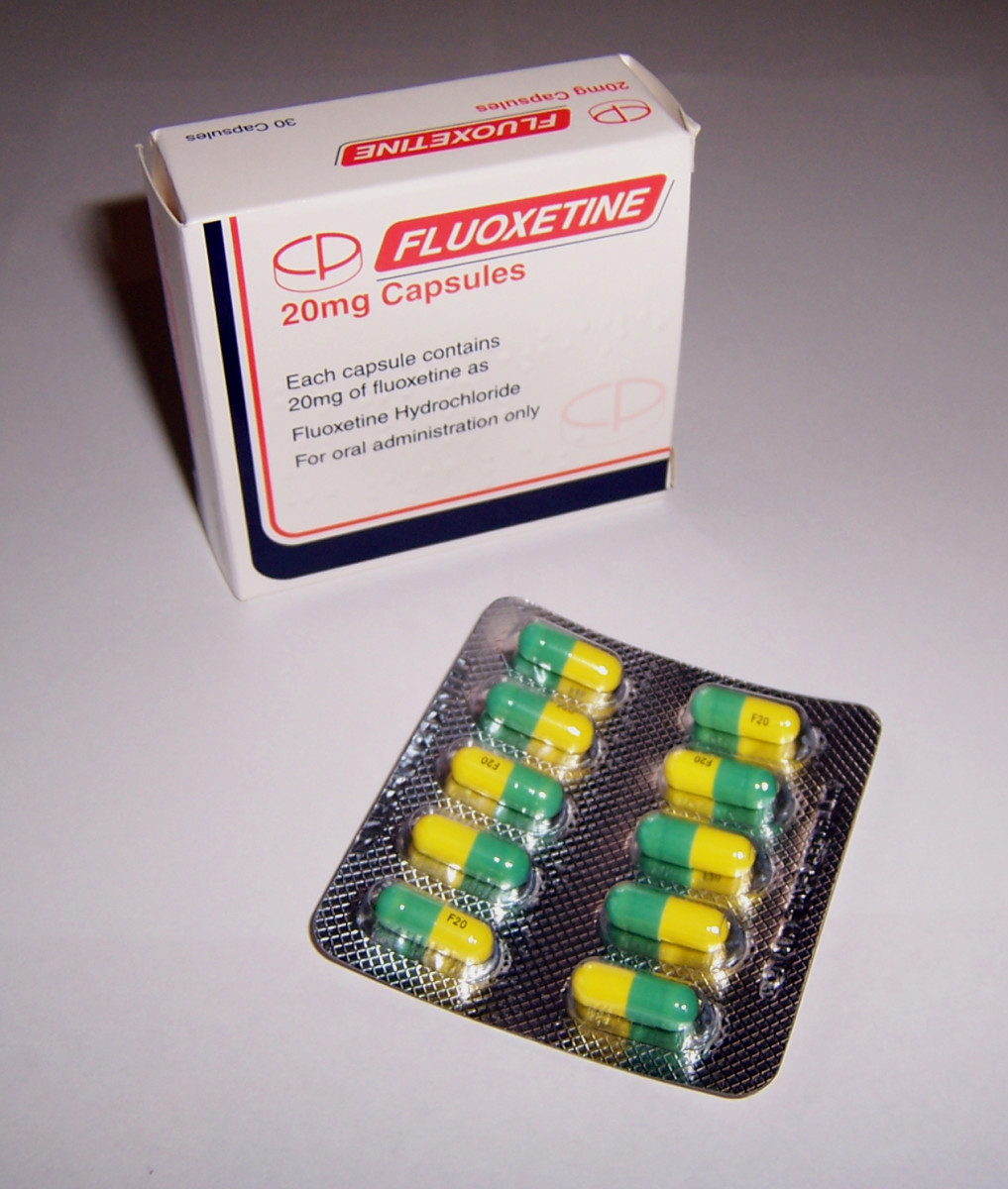The War on Drugs Is a War on Mental Health: LSD

Early History of LSD
From secretive government mind-control studies to inspiring a generational culture in the 1960s, LSD has been a controversial topic for many decades. First synthesized by Swiss chemist Albert Hoffman in 1938, it was cast aside as a failed project until 1943 when he discovered it’s hallucinogenic properties through self-administration. In Hoffman’s book LSD - My Problem Child, he recalls one of his first experiences with LSD resulting in a disoriented bike ride from his lab to his home. After struggling with the effects of LSD and being attended to by a doctor with no signs of abnormality, he awoke the next morning with a new verdict. “A sensation of well-being and renewed life flowed through me.”, he says on page 14 of his book (1). In the late 1940s, researchers began human trials at the University of Zurich. The research concluded that LSD created high activity in the brain and that it was a potential psychiatric research tool. Psychiatrists continued to use the drug for experimental purposes for the next couple of decades (2). Beginning in the 1950s and continuing into the 1960s, two important sequences would alter the fate of LSD; the CIA’s research mind-control research known as MK-Ultra and the birth of a recreational culture that flooded America.
MK-Ultra: A Highly Classified CIA Mind Control Project
The Director of the Central Intelligence Agency approved project MK-Ultra in 1953 as a response to rumors of other world powers researching mind control tactics (3). Tests were conducted in hospitals, prisons, and even military bases (4). In the same year as the inception of the CIA program, an unbelievable series of events occurred involving a CIA scientist by the name of Frank Olson. The scientist worked in the biological warfare branch of the U.S. Army’s Biological Warfare Laboratories (5). Olson attended an off the clock get-together with other CIA employees and was unknowingly dosed with LSD by CIA agents who were in attendance. The scientist soon began to question his highly-classified line of work and exhibited symptoms of mental illness; most likely due to being unwittingly dosed with a mind-altering substance. Frank Olson allegedly jumped from a New York Hotel window to his death in November 1953 (6). It wasn’t until 1977 when the Rockefeller Commission investigated MK-Ultra that new details arose; documents revealed that Olson and several other government employees had unintentionally ingested LSD, courtesy of the CIA (7). The project was previously shut down in 1973. Olson’s family requested a second autopsy on his body in 1997, and the results were unnerving. The forensics team discovered that some of Olson’s injuries had most likely occurred before the fall; evidence that pointed to murder in lieu of suicide. The Scientist’s family eventually brought the case to court and won a settlement of $750,000, and an apology from Gerald Ford and former CIA Director William Colby (8). There is an excellent documentary chronicling these events; I’ll link the trailer below.
Trailer: Wormwood
The 1960s
LSD made its way deeply into the recreational drug scene and counterculture beginning in the early 1960s. Sandoz, the Swiss company that synthesized the drug, had been sending out endless samples of the drug since it was legal at the time. Paired with the users who’d been exposed to LSD as a part of the CIA’s controversial project, the popularity of the drug began to grow. Its influence spread like wildfire with the inclusion of celebrity figures like Timothy Leary and Aldous Huxley. Leary was a Harvard professor who gained infamous notoriety after he and his assistant, Richard Alpert, became the first professors to be thrown out of the prestigious university. It was discovered that Leary couldn’t contain his excitement from the effects of LSD and began openly sharing the substance, including with his students. After a multitude of complaints from faculty members regarding the safety of Leary’s research, Both him and Alpert were dismissed from their jobs in the spring of 1963. Leary continued to promote the use of LSD throughout the 60s as the counterculture grew to mass. As people began to “turn on, tune in, drop out” (9), more celebrities followed suit. The Beatles, Alan Ginsburg, and The Grateful Dead are just a few examples of household names that promoted the use of LSD. The euphoria didn’t last as the drug was banned in the United States in 1967 (10).

Modern Research
With continued advancement in the mental health field, scientists and psychologists are now looking to psychedelic substances like LSD to combat symptoms of anxiety and depression that lead to life-threatening illnesses.
- In 2016, a trial was conducted by multiple legitimate sources which concluded that “the present findings reinforce the view that psychedelics elicit psychosis-like symptoms acutely yet improve psychological wellbeing in the mid to long term.” (11).
- In a meta-analysis of randomized controlled trials, the researchers came to a general consensus that LSD had the ability to curb alcoholism in the short term (12).
- Another study in 2015 led by Assistant Professor Peter Hendricks noted that “In comparison to other illicit substances, epidemiological studies indicate that the use of classic hallucinogens is associated with lower psychological distress, lower suicidality, and lower mental health problems.” (13).
Modern research is beginning to point toward a simpler solution for anxiety and stress-related disorders. Psychedelics have been radicalized in the eyes of the public through misinformation, government interference, and falsely-labeled alternatives. As of 2020, LSD is still labeled as a Schedule I substance by the Drug Enforcement Agency. Schedule I is described as having no medicinal properties with a high potential for abuse. Although evidence says otherwise, the drug remains federally illegal. With more research and clinical trials being conducted, LSD may one day be prescribed as an alternative to addictive anti-anxiety drugs like Xanax.
References
(1) HOFMANN, ALBERT. LSD: My Problem Child. OXFORD UNIV Press, 2018.
(2) HOFMANN, ALBERT. LSD: My Problem Child. OXFORD UNIV Press, 2018.
(3) History.com Editors. “MK-Ultra.” History.com, A&E Television Networks, 16 June 2017, www.history.com/topics/us-government/history-of-mk-ultra.
(4) History.com Editors. “MK-Ultra.” History.com, A&E Television Networks, 16 June 2017, www.history.com/topics/us-government/history-of-mk-ultra.
(5) Keller, Jared. “The Sad Tale of Frank Olson, the U.S. Government's Hallucinogen Fall Man.” Pacific Standard, 14 May 2019, psmag.com/news/the-sad-tale-of-frank-olson-the-u-s-governments-hallucinogen-fall-man.
(6) Keller, Jared. “The Sad Tale of Frank Olson, the U.S. Government's Hallucinogen Fall Man.” Pacific Standard, 14 May 2019, psmag.com/news/the-sad-tale-of-frank-olson-the-u-s-governments-hallucinogen-fall-man.
(7) History.com Editors. “MK-Ultra.” History.com, A&E Television Networks, 16 June 2017, www.history.com/topics/us-government/history-of-mk-ultra.
(8) Psychology, Harvard. “Timothy Leary.” Timothy Leary, psychology.fas.harvard.edu/people/timothy-leary.
(9) History.com Editors. “MK-Ultra.” History.com, A&E Television Networks, 16 June 2017, www.history.com/topics/us-government/history-of-mk-ultra.
(10) “The Beckley/Imperial Psychedelic Research Programme.” The Beckley Foundation, 26 Nov. 2019, beckleyfoundation.org/science/collaborations/the-beckley-imperial-psychedelic-research-programme/.(11) Krebs, Teri S, and Pål-Ørjan Johansen. “Lysergic Acid Diethylamide (LSD) for Alcoholism: Meta-Analysis of Randomized Controlled Trials.” Journal of Psychopharmacology, vol. 26, no. 7, 2012, pp. 994–1002., doi:10.1177/0269881112439253.
(12) Liechti, Matthias E. “Modern Clinical Research on LSD.” Neuropsychopharmacology : Official Publication of the American College of Neuropsychopharmacology, Nature Publishing Group, Oct. 2017, www.ncbi.nlm.nih.gov/pmc/articles/PMC5603820/.








